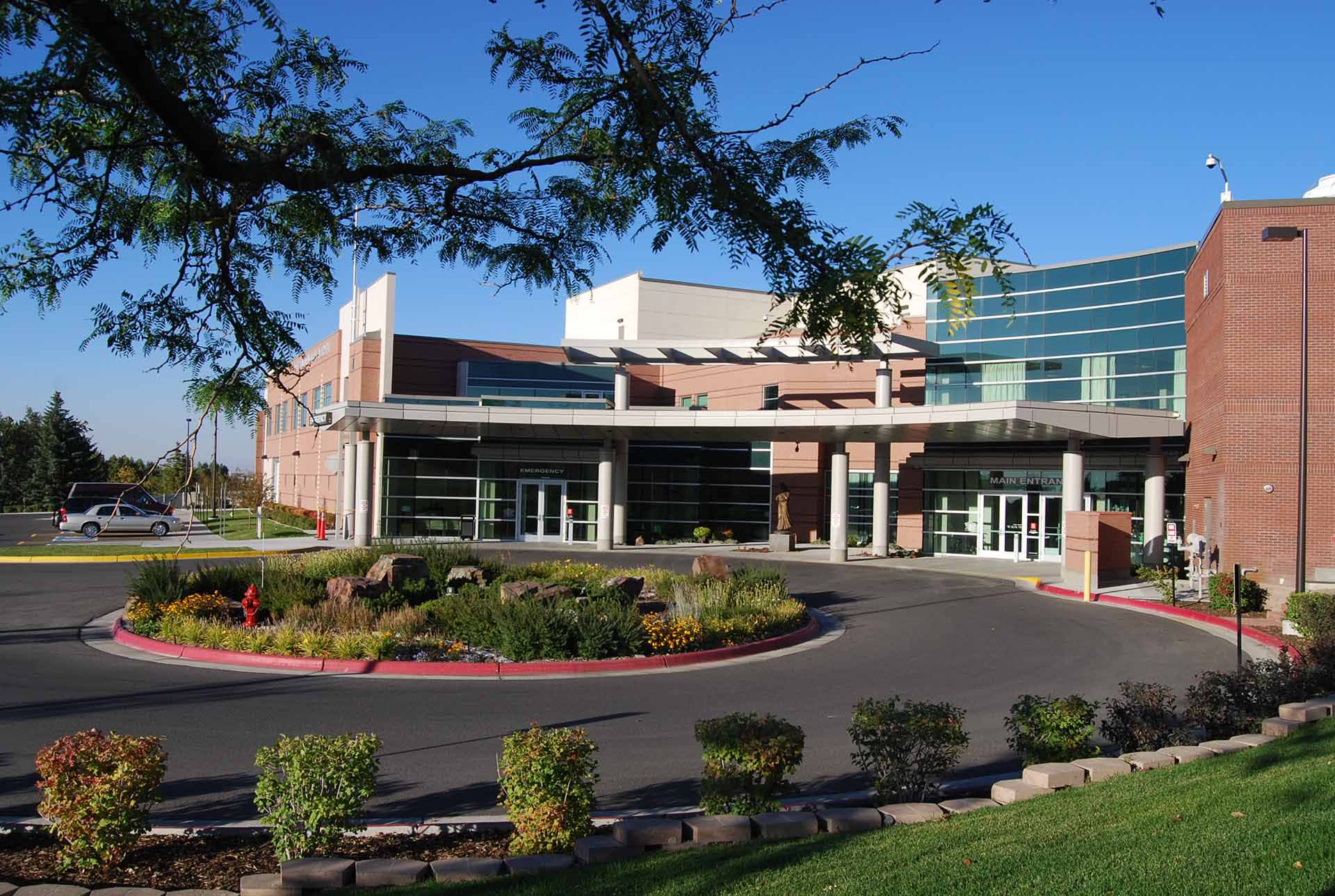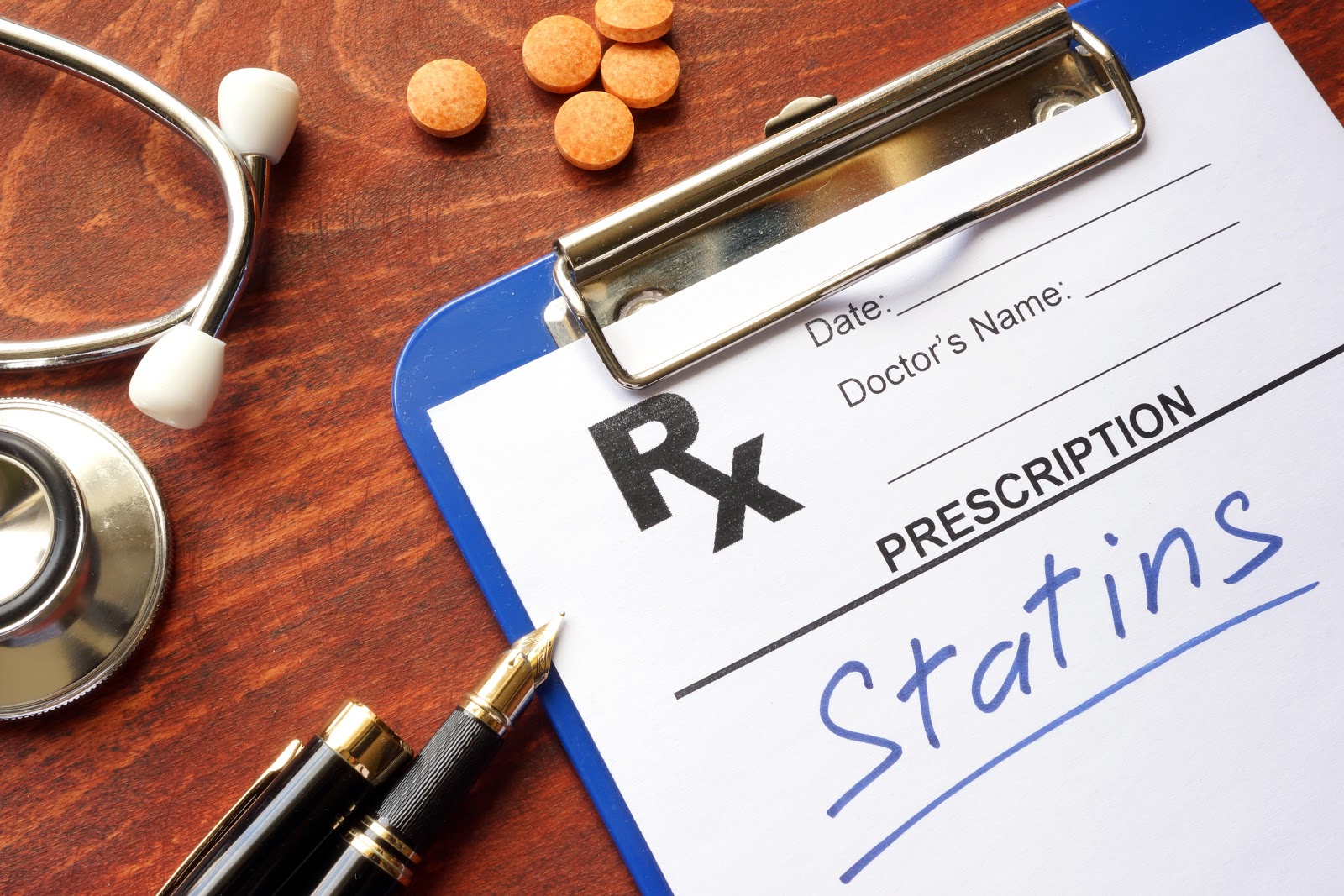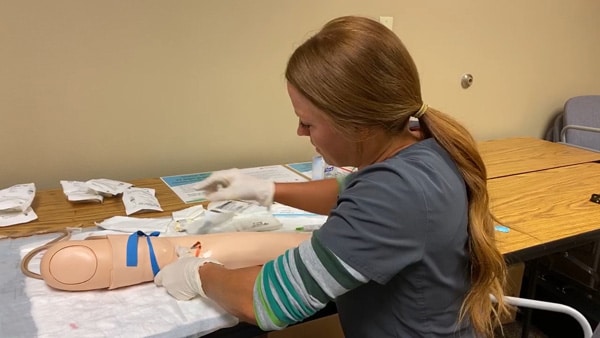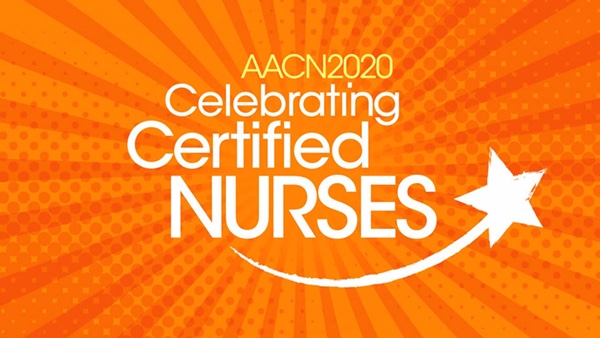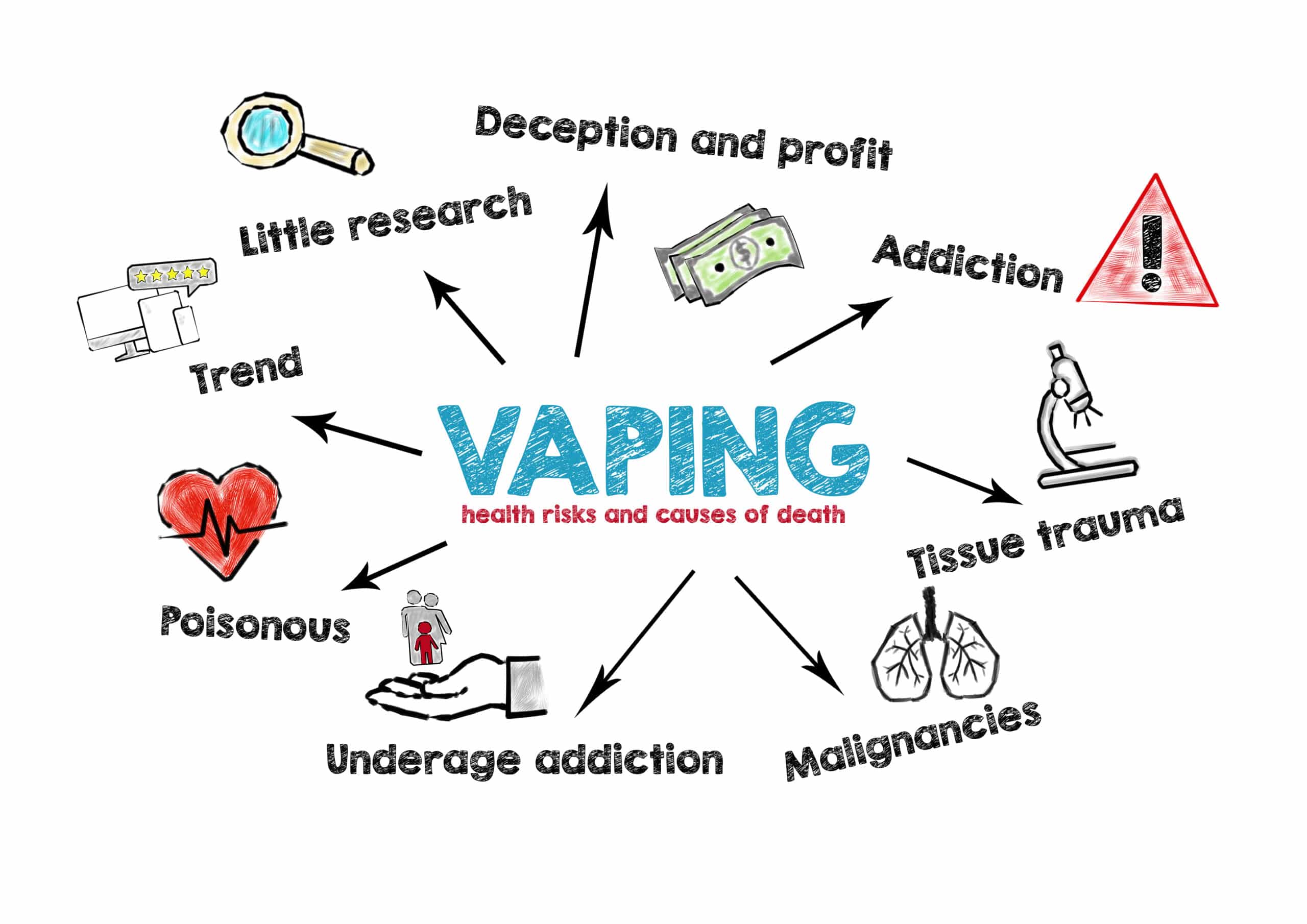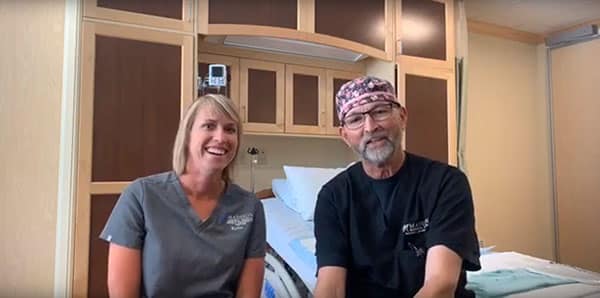Perry Shumway
Madisonhealth Blog
Regional Covid-19 Plan
- We are continuously retraining and crosstraining key staff in necessary skills.
- We are keeping current on the latest testing methodologies.
- We have team members on the front lines.
- We make sure to keep our providers informed and in-the-loop.
- The safety of our patients and staff is our number-one concern.
At Madison Memorial, we follow best practices. In this unique time, the majority of our best practices and policies are coming from the CDC, Eastern Idaho Public Health, and governmental collaborations at all levels – local, state, and federal.
We are making our decisions based upon the safety and wellness of our communities (our Madison family and the counties we serve), balanced with our mission to care for a likely surge of patients.
We are fortunate to have time to prepare and position ourselves in the best possible way we can for this crisis. Our gratitude goes out to everyone who is working very hard and sacrificing to be the caregivers our friends and neighbors will need in the coming weeks.
– Rachel Gonzales, CEO, Madison Memorial Hospital
Dawntae Scott has joined the Madison Memorial team as our new value engineer.
Dawntae is an experienced RN who will be assisting with value projects across the hospital. She’ll work closely with our teams on LEAN, Six Sigma, and PSDA methodologies. Her focus will be value projects to improve quality and service while maintaining or reducing costs.
Please welcome Dawntae Scott!!
Showing 37-48 of 324 results

